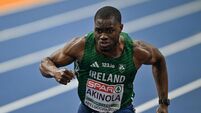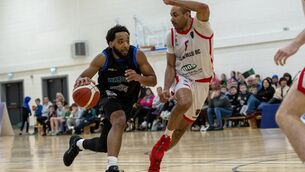Paul Rouse: How the sport of ice hockey brought a warm glow to Belfast

This year marks a landmark year in the history of ice hockey in Ireland.
It is now 20 years since professional ice hockey arrived in Belfast with the formation of the Belfast Giants.














